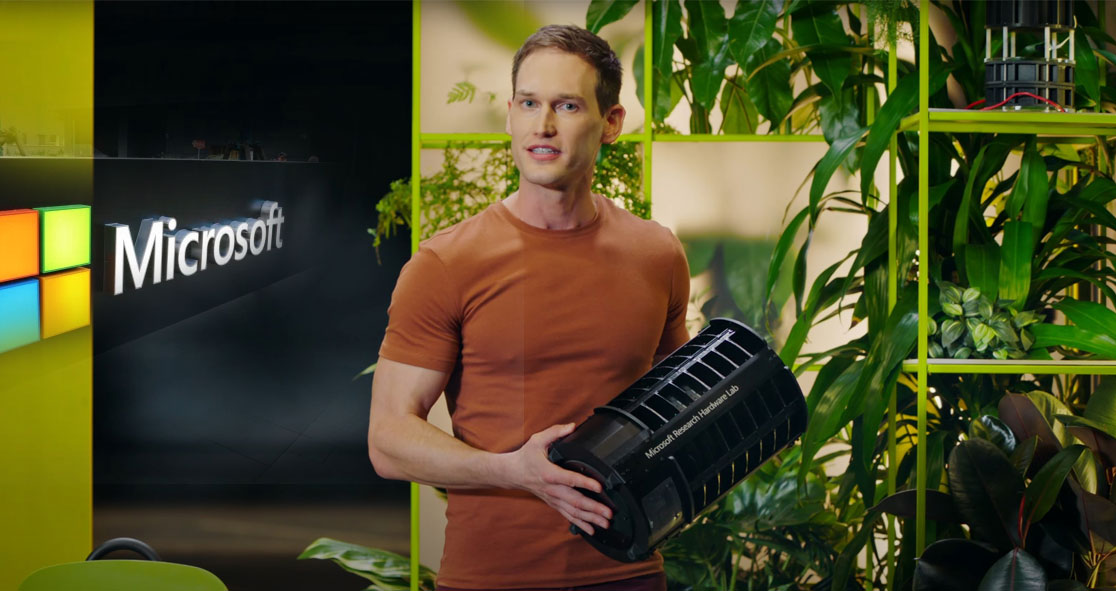On Tuesday, Microsoft announced the launch of its robotic and sensor platform called Premonition to monitor and detect biological threats.
The cloud-based software stack, which will soon be in private preview, analyzes samples and detect diseases.
Microsoft describes its platform as a system that can function like a weather monitoring system, but for potential disease outbreaks. The company first demonstrated Premonition in 2015, but it has come quite a long way since.
The American multinational technology company said premonition, which sounds like a pretty wild project, is based on five years of R&D in this area.
Microsoft said it is teaming up with the National Science Foundation’s Convergence Accelerator Program and academic partners such as Johns Hopkins University, Vanderbilt University, the University of Pittsburgh, and the University of Washington’s Institute for Health Metrics and Evaluation to test the new tool.
In addition, the company is also working with Bayer to “develop a deeper understanding of vector-borne diseases and the role of autonomous sensor networks for biothreat detection.”
Currently, Microsoft’s system focuses on diseases transmitted by mosquitos. However, it aims to go well beyond this and detect the entire biome.
The company said, so far, the “Premonition system has scanned more than 80 trillion base-pairs of genomic material for biological threats.”
Senior Director of Premonition Ethan Jackson said, “About five years ago, we saw that robotics, AI and cloud computing were reaching a tipping point where we could monitor the biome in entirely new ways, at entirely new scales.”
“It was really the 2014 Ebola outbreak that led to this realization,” he added. “How did one of the rarest viruses on the planet jump from animal to people to cause this outbreak? What signals are we missing that might have allowed us to predict it?”
In 2016, the Microsoft team had already built a smart robotic system that could identify and capture mosquitos.
Entomologist Prof. Douglas Norris of Johns Hopkins University said, “Everything we do now in terms of mosquito treatment is reactive — we see a lot of mosquitoes, we go spray a lot of mosquitoes.” “Imagine if you had a forecasting system that shows, in a few days you’re going to have a lot of mosquitoes based on all this data and these models — then you could go out and treat them earlier before they’re biting, spray, hit them early so you don’t get those big mosquito blooms, which then might result in disease transmission.”























